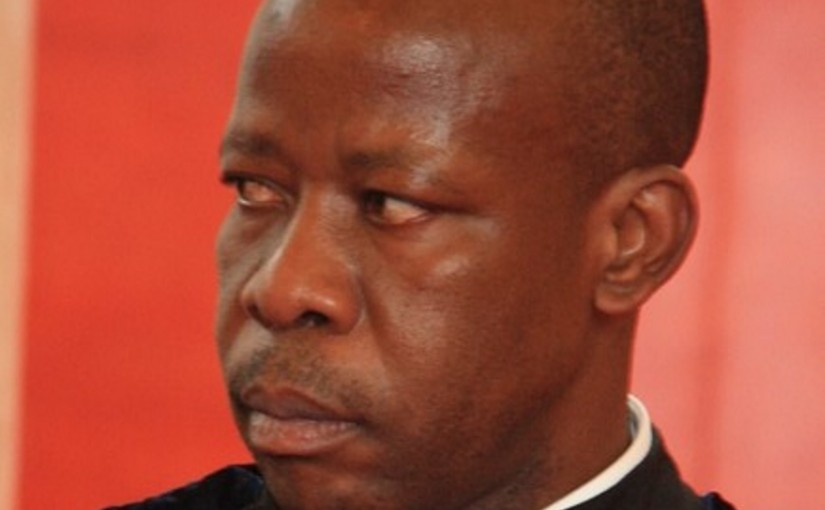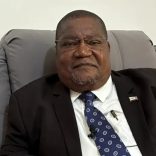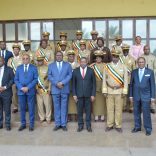Mozambique: Mondlane has 30 days to change party acronym Anamalala
Gradual improvements claimed in Justice system

The backlog of cases in the Mozambican courts is slowly falling, according to the President of the Supreme Court, Adelino Muchanga.
Speaking on Tuesday at the ceremony marking the opening of the 2016 judicial year, Muchanga said that the number of cases concluded in all the country’s courts in 2015 was 123,246 which compares with only 97,196 cases concluded the previous year. This is an improvement of 27 per cent.
The courts started 2015 with 161,370 pending cases. 115,002 new cases entered the system during the year, and 153,126 cases, not completed during the year, will be handled in 2016. The backlog has thus declined by 8.244 cases.
These figures refer to civil, criminal, labour and commercial cases, and to the jurisdiction of minors.
There are now 325 judges in the country, Muchanga said. This means there are 1.3 judges per 100,000 inhabitants, slightly better than the ratio for 2014 which was 1.1 per 100,000.
On average, a judge concluded 399 cases in 2015, compared with 338 in 2014. At the end of 2015 there were 495 cases pending per judge, a considerable improvement on the figure of 560 at the end of 2014.
As for disciplinary matters, Muchanga said that three judges had been sacked in 2015, one had been fined and one had been obliged to take compulsory retirement. Nine court officials were expelled from the state apparatus. Muchanga gave no details on any of these cases.
Muchanga announced that eight new district courts had been set up in 2015, so that today 136 of the country’s 151 districts have functioning courts.
The ceremony was held under the slogan “For the prevention and combat against organized and cross-border crime”. Muchanga pointed out that judges need incentives and protection in order to carry out their mission and resist “dangerous liaisons” with crime.
He also insisted on the need to implement the law on protecting witnesses and whistle blowers, which has largely been ignored since it was passed in 2012.
Attorney-General Beatriz Buchili warned that organized crime “operates in a structured manner, with individuals highly prepared for the criminal actions they intend to carry out, and often with links beyond our borders”.
This type of crime “has the capacity to insert its webs into public organizations, including police, magistrates, lawyers, and politicians”. It could appropriate and take command of the direction of the State, “calling into question the very survival of the state”.
“We have no alternative as a state but to adopt a more muscular posture to prevent and fight against” organized crime she said.
Buchili pointed out that the methods used against ordinary crimes were no use when confronting such organized crimes as kidnapping, the current wave of abductions and murders of albinos, money laundering, poaching, drug trafficking, corruption and terrorism.
She called for strengthening state institutions with the vocation to fight organised crime, and to ensure cross border cooperation between police forces, including extradition treaties.













Leave a Reply
Be the First to Comment!
You must be logged in to post a comment.
You must be logged in to post a comment.